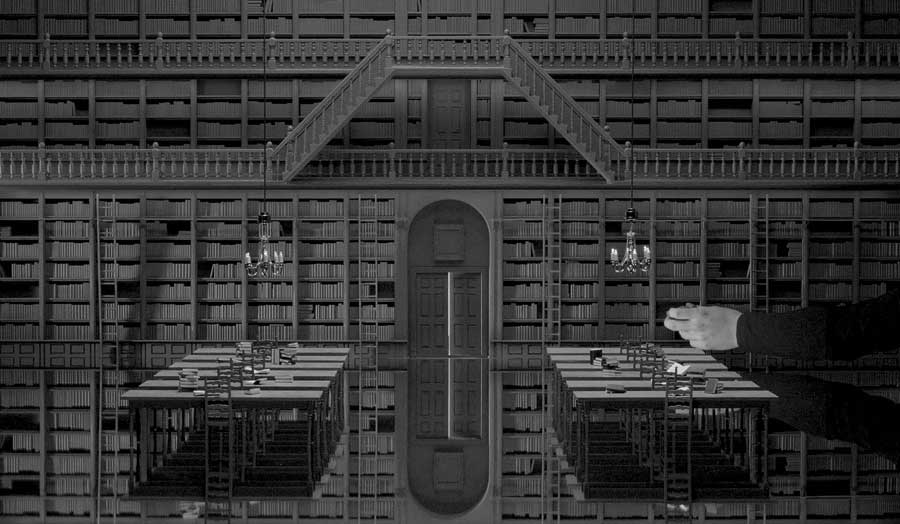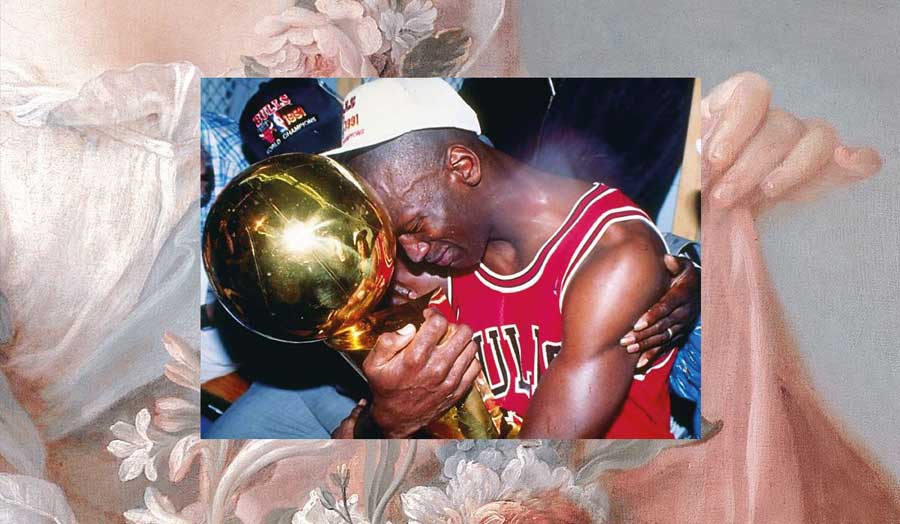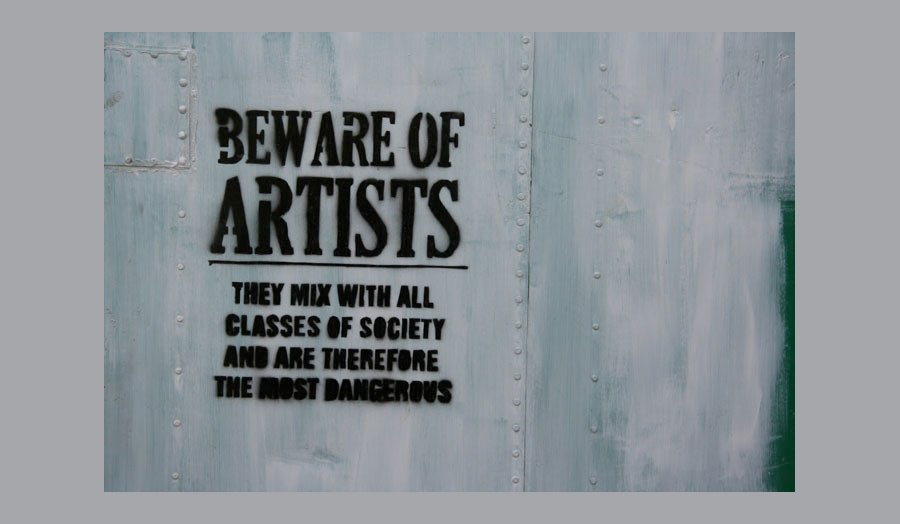Joseph Kohlmaier
In a seminal book written in 1964 – Gesture and Speech – French archaeologist André Leroi-Gourhan suggested that for millions of years, human culture and technology evolved entirely without complex language, rational planning or abstract thought. Our capacity to conceptualise things that aren’t there (you’re doing this right now), appears very late in human history. For Leroi-Gourhan, cognition is a byproduct of being in the world, of being a body “in dialogue with the material affordances of the environment.” When we act on our environment, it is the environment that shapes and determines our actions. Or to put it another way, it is not the mind that thought up the hammer, it is the hammer that thought up the mind.
This way of thinkig has some profound consequences. It teaches us humility. It forces us to step further down from the pedestal on which we have placed mankind and assume a more humble position amongst other forms of life and matter. This is the first premise of post-human thought, even for its critics. It requires us to abandon old ideas of mastery and primacy, whether it be over nature or others, which is at the heart of feminist and post-colonial thinking. It suggests that we aren’t who we are, but the product of our values, thoughts and actions, which is a central thought in the discourse around performativity, gender and identity. To be an “embodied mind” means that we construct the world according to our experience in place and time (phenomenology). As a consequence, mushrooms, bees and humans don’t live in the same but different worlds, each according to their own species and sense apparatus (Umwelt theory). This means that our understanding of “the world” will be forever limited, obscured by our own nature and in a constant process of emergence and becoming. To accept the limitations of our knowledge means that we can never truly foresee the consequences of our actions. This is the fundamental premise of all ecological thought.
Teaching and Learning
Many of these ideas will guide our conversations and activities, although the syllabus of the Studio is determined largely by your research. The concept of affordance has strong critical currency. It can unravel some paradoxes of modern life, and bring a new perspective to any subject. But we can also use it to construct a pedagogy – a method of learning and doing things together.
Studio 11 sees writing as a social field where ideas materialise not through reasoning but through experiment and methods of practice (répétition). It encourages unorthodox and “essayist” approaches to writing, including social forms of writing. True to the premise of this Studio, writing shouldn’t be a lonely act. We meet throughout the year to write together, have tutorials, share and discuss ideas. The atmosphere is challenging, quietly radical, transgressive, but friendly and committted to a broad and diverse range of voices and ideas. Importantly, we meet on a level playing field. Tutors and students “co-intent on reality,” to use Paolo Freire’s words, “in the task of unveiling that reality, and thereby coming to know it critically” – which is a gentle form of saying something very similar to Leroi-Gouhan’s idea of how knowelge evolves, not head down, but from the ground up, through engagement and dialogue.
Selected bibliography
- Agamben, Giorgio, ‘Creation and Salvation’, in: Nudities (Stanford, Calif.: Stanford University Press, 2010)
- Azoulay, Ariella, Potential History: Unlearning Imperialism (London: Verso, 2019)
- André Leroi-Gourhan, Gesture and Speech (MIT Press, 1993)
- Bennett, Jane, Vibrant Matter: A Political Ecology of Things (London: Duke University Press, 2010)
- Fanon, Franz, The Wretched of the Earth (London: Penguin Books, 1967)
- Freire, Paulo, Pedagogy of the Oppressed (London: Continuum, 1970)
- Haraway, Donna J., Staying with the Trouble: Making Kin in the Chthulucene (Durham: Duke University Press Books, 2016)
-
Harman, Graham, Object-Oriented Ontology: A New Theory of Everything (London: Pelican, 2017)
- Hayles, N. Katherine, Unthought (Chicago: University of Chicago Press, 2017)
- Kohn, Eduardo, How Forests Think: Toward an Anthropology beyond the Human / Eduardo Kohn.(Berkeley: University of California Press, 2013)
- Latour, Bruno, Reassembling The Social: An Introduction To Actor-Network-Theory (Oxford: Oxford University Press, 2005)
- Leroi-Gourhan, André, Gesture and Speech (MIT Press, 1993)
- Lowenhaupt Tsing, Anna, Friction (Princeton University Press, 2005)
- María Lugones, Pilgrimagess (Maryland: Rowman and Littlefield, 2003)
- Timothy Morton, Being Ecological (London: Pelican, 2018)
- Tomlinson, Gary, A Million Years of Music: The Emergence of Human Modernity (New York: Zone Books, 2015)
*
Studio image: Musarc, Joseph Kohlmaier’s experimental choir, processing colour and plants through Taranto, Italy, during a performance of Sara Rodrigues’s Invocations, 2022. Banner: Hans Op de Beeck, Staging Silence (3), video still (detail), 2019

Details
| Tutor | Joseph Kohlmaier |
|---|



















